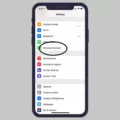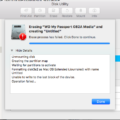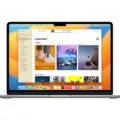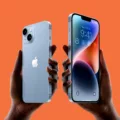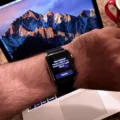Jailbreaking iPhones has been a topic of interest for many tech enthusiasts and iPhone users. With the release of the iPhone 12, some users may be wondering if it is possible to jailbreak this particular device. In this article, we will explore the concept of jailbreaking and discuss the possibility of jailbreaking the iPhone 12.
Jailbreaking is the process of removing software restrictions imposed by Apple on iOS devices such as iPhones and iPads. By doing so, users gain root access to their devices, allowing them to customize their iOS experience beyond what is typically allowed by Apple. Jailbreaking can enable the installation of unauthorized apps, customization of the device’s appearance, and access to system files.
However, it is important to note that jailbreaking your iPhone can have some drawbacks. First and foremost, jailbreaking voids your device’s warranty. When you jailbreak your iPhone, you are essentially modifying the software in a way that Apple does not support. As a result, if you encounter any hardware or software issues with your device, Apple may refuse to provide support or repair services.
Another significant concern with jailbreaking is the potential security risks it poses. When you jailbreak your iPhone, you are bypassing the security measures put in place by Apple. This means that malicious software, or malware, could potentially find its way onto your device. Jailbroken iPhones are more vulnerable to security threats and may be more susceptible to hacking attempts.
Furthermore, jailbreaking can also lead to instability and performance issues with your device. Apple designs iOS to work optimally with their devices, and by jailbreaking, you are altering the intended software configuration. This can result in crashes, freezes, and other performance problems.
So, is it possible to jailbreak the iPhone 12? The answer is yes, it is technically possible to jailbreak the iPhone 12. However, I would strongly advise against it. The risks and drawbacks associated with jailbreaking outweigh the potential benefits. Apple continually updates its software to patch vulnerabilities and improve security, and by jailbreaking, you are essentially circumventing these important updates.
It is also worth mentioning that jailbreaking can have legal implications. While it is legal in the United States under the Digital Millennium Copyright Act, there are still limitations. Users must still adhere to copyright laws when downloading and installing apps and operating systems.
While it is technically possible to jailbreak the iPhone 12, it is not recommended. Jailbreaking can void your warranty, expose your device to security threats, and cause stability issues. It is important to weigh the potential benefits against the risks before deciding to jailbreak your iPhone 12 or any other iOS device.
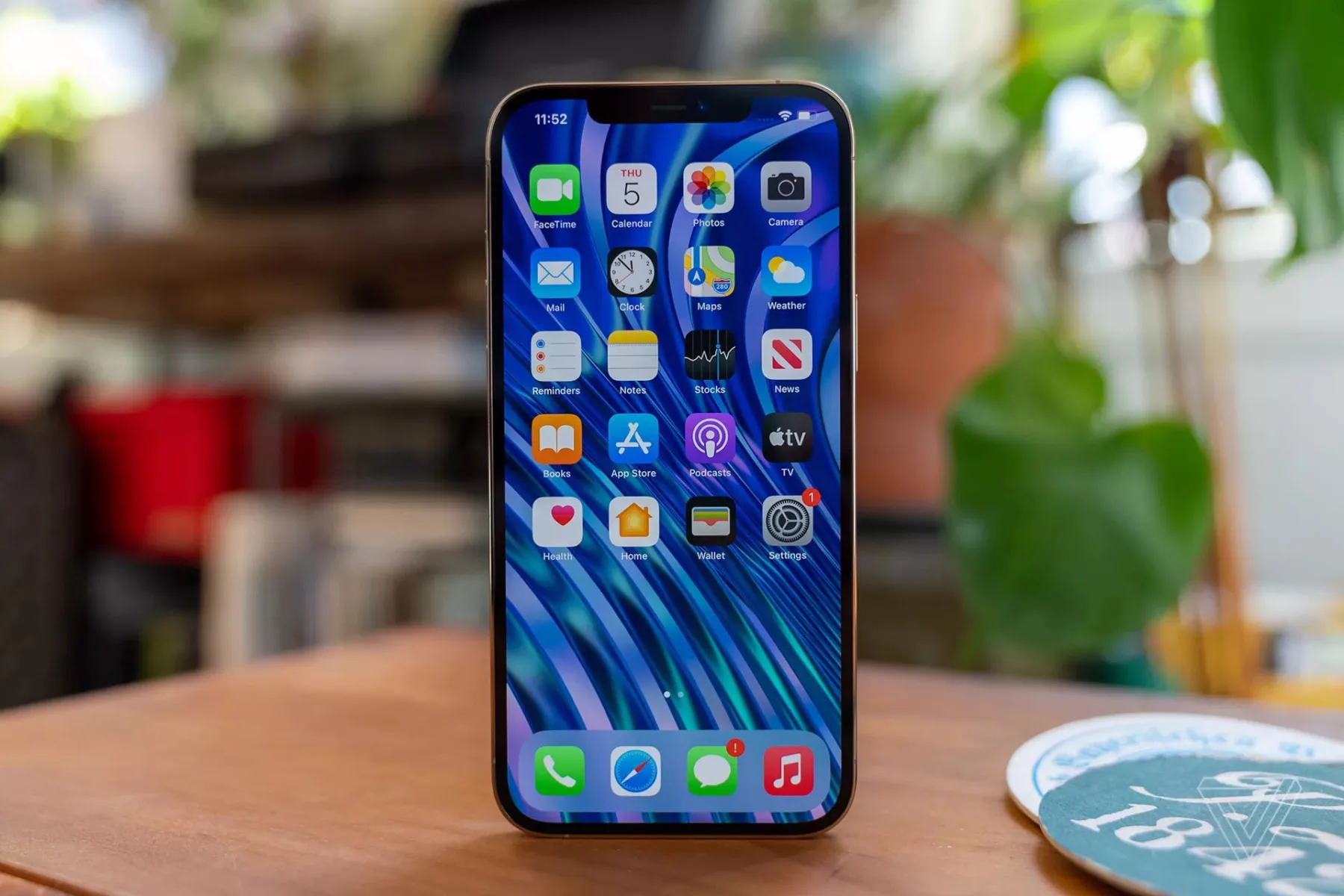
Can iPhone 12 Be Jailbroken?
According to current information available, it is indeed possible to jailbreak an iPhone 12. However, it is important to note that jailbreaking your device can have various consequences and may not be advisable for everyone. Here are some details to consider:
1. What is jailbreaking?
Jailbreaking is a process that allows users to gain access to the root file system of their device, enabling them to install unauthorized apps, modify system settings, and customize their device beyond the limitations imposed by the manufacturer.
2. Jailbreaking and warranty:
Jailbreaking your iPhone 12 can void your warranty. Apple does not support jailbroken devices, and if any issues arise, you may be unable to receive official support or service from Apple. It is important to consider this before proceeding with a jailbreak.
3. Stability and security concerns:
Jailbreaking can introduce instability and security risks to your iPhone 12. By bypassing Apple’s built-in security measures, you expose your device to potential malware, viruses, and other vulnerabilities. It is worth noting that Apple’s closed ecosystem is designed to provide a secure and stable environment for its users.
4. Compatibility:
Jailbreaking methods and tools may not always be compatible with the latest iPhone models or iOS versions. Before attempting to jailbreak your iPhone 12, it is crucial to ensure that the specific jailbreak method you plan to use is compatible with your device and iOS version.
5. Updates and support:
Jailbreaking typically requires users to refrain from updating their iOS version to maintain the jailbreak. This means you may miss out on important security updates and new features provided by Apple. Additionally, jailbreak developers may not always provide timely updates or support for newer iOS versions, leaving your device vulnerable to security threats.
While it is technically possible to jailbreak an iPhone 12, it is not recommended for most users. Jailbreaking can void your warranty, compromise stability and security, and limit your access to official support and updates. It is crucial to carefully weigh the potential benefits against the risks before deciding to jailbreak your device.
What Happens If You Jailbreak Your iPhone 12?
If you jailbreak your iPhone 12, you are essentially removing the software restrictions imposed by Apple. This allows you to gain more control over your device and customize it according to your preferences. However, there are several consequences and risks associated with jailbreaking:
1. Security risks: Jailbreaking bypasses the security measures put in place by Apple. This makes your device more vulnerable to malware, viruses, and other security threats. Apple’s strict app review process helps ensure that apps on the App Store are safe for users, but when you jailbreak, you can install apps from sources that may not have the same level of scrutiny.
2. Stability issues: Jailbreaking can lead to stability issues on your iPhone. Since you are modifying the operating system, there is a higher chance of encountering crashes, freezes, and performance problems. The stability and reliability of your device may be compromised.
3. Voided warranty: Jailbreaking your iPhone voids the warranty provided by Apple. If you encounter any hardware or software issues, Apple will not provide support or repairs for your device. This can be a significant drawback, especially if you experience any issues that require professional assistance.
4. Incompatibility with future updates: When you jailbreak your iPhone, it becomes difficult to update to the latest iOS versions released by Apple. These updates often come with new features, bug fixes, and security patches. By jailbreaking, you may miss out on these updates or face compatibility issues with your modified system.
5. Unreliable app compatibility: Jailbreaking can cause issues with app compatibility. Some apps may not work properly or may not be available at all on jailbroken devices. This can limit your access to certain apps or functionalities, especially those that rely on Apple’s ecosystem.
6. Data loss and instability: Jailbreaking involves modifying system files, which can sometimes result in data loss or corruption. Backing up your device is crucial before attempting to jailbreak to minimize the risk of losing important data.
While jailbreaking offers more freedom and customization options, it comes with significant risks and drawbacks. It compromises the security, stability, warranty, compatibility, and updateability of your iPhone 12. It is essential to weigh the pros and cons carefully before deciding to jailbreak your device.
Is It Illegal to Jailbreak Apple?
Jailbreaking Apple devices, such as iPhones, has been deemed legal in the United States since the passage of the Digital Millennium Copyright Act (DMCA) in 2010. The DMCA grants users the right to gain root access to their devices, allowing them to modify the operating system and install apps from sources other than the official App Store. However, it is important to note that jailbreaking still has its limitations and users must adhere to copyright law.
Here are some key points to consider regarding the legality of jailbreaking Apple devices:
1. Legal status: Jailbreaking is legal in the United States, but the DMCA does not extend this right to other countries. The laws regarding jailbreaking may vary depending on your jurisdiction, so it’s essential to research and understand the laws in your specific location.
2. Root access: Jailbreaking allows users to gain root access to their devices, which means they can modify the operating system to customize various aspects of the device’s functionality. This can include installing unauthorized apps, modifying system settings, and removing pre-installed software.
3. Copyright infringement: While jailbreaking itself is legal, it does not grant users the right to engage in copyright infringement. Users must still comply with copyright laws when deciding which apps and operating systems to download and use on their jailbroken devices. Downloading and distributing copyrighted material without authorization is still illegal.
4. Security risks: Jailbreaking can expose devices to potential security risks. By bypassing Apple’s built-in security measures, users may inadvertently expose their devices to malware, viruses, and other malicious software. It is important to exercise caution and only install apps from trusted sources.
5. Warranty implications: Jailbreaking an Apple device typically voids the manufacturer’s warranty. This means that if you encounter any hardware or software issues with your device, Apple may refuse to provide support or repairs. It is crucial to understand the implications before deciding to jailbreak your device.
Jailbreaking Apple devices is legal in the United States, but users must still comply with copyright laws and exercise caution when installing unauthorized apps or modifying the operating system. It is essential to research the specific laws in your jurisdiction and understand the potential risks and warranty implications associated with jailbreaking.
Is iPhone Unlocked If You Jailbreak It?
When you jailbreak your iPhone, it does not automatically mean that your device is unlocked. Jailbreaking and unlocking are two separate processes with different outcomes.
Jailbreaking an iPhone allows you to gain access to the root files and system settings of your device. This enables you to install third-party applications, customize the appearance of your iPhone, and tweak various settings that are typically restricted by Apple. Essentially, it removes the limitations imposed by Apple’s iOS.
On the other hand, unlocking an iPhone refers to the process of removing the carrier restrictions imposed by your mobile network provider. This allows you to use your iPhone with any compatible carrier by inserting a SIM card from a different network.
While jailbreaking can provide more freedom and customization options, it does not automatically unlock your iPhone. To unlock your iPhone, you would need to go through a separate process called “carrier unlocking” or “factory unlocking.” This typically involves contacting your mobile network provider or using third-party services to remove the carrier restrictions from your device.
It is important to note that both jailbreaking and unlocking your iPhone may void your device’s warranty and can potentially cause security risks or instability. It is always recommended to proceed with caution and seek reliable sources and services if you choose to jailbreak or unlock your iPhone.
Conclusion
While it is technically possible to jailbreak an iPhone 12, it is not recommended due to the potential risks and drawbacks involved. Jailbreaking removes the software restrictions imposed by Apple, allowing users to customize their devices and install unauthorized apps. However, this also exposes the device to security threats, such as malware and other vulnerabilities. Additionally, jailbreaking can void your warranty and may result in instability or performance issues with your device.
Although jailbreaking is legal in the United States, it is important to note that there are still limitations and responsibilities associated with this process. Users must abide by copyright laws and ensure they are downloading and using apps and operating systems legally.
Furthermore, jailbreaking an iPhone 12 involves uninstalling the original firmware and downloading a cracked version, which can potentially compromise the device’s security and stability. It is crucial to consider the potential consequences and weigh them against the benefits before deciding to jailbreak your iPhone 12.
Ultimately, it is recommended to use your iPhone 12 within the guidelines and restrictions set by Apple, as this ensures the best security, stability, and support for your device.

